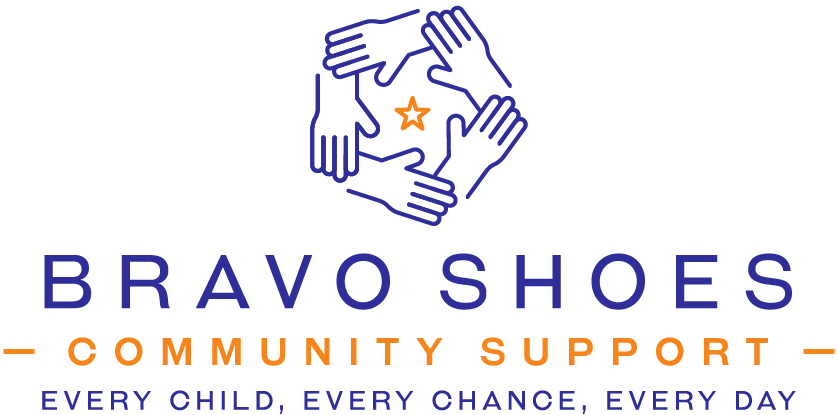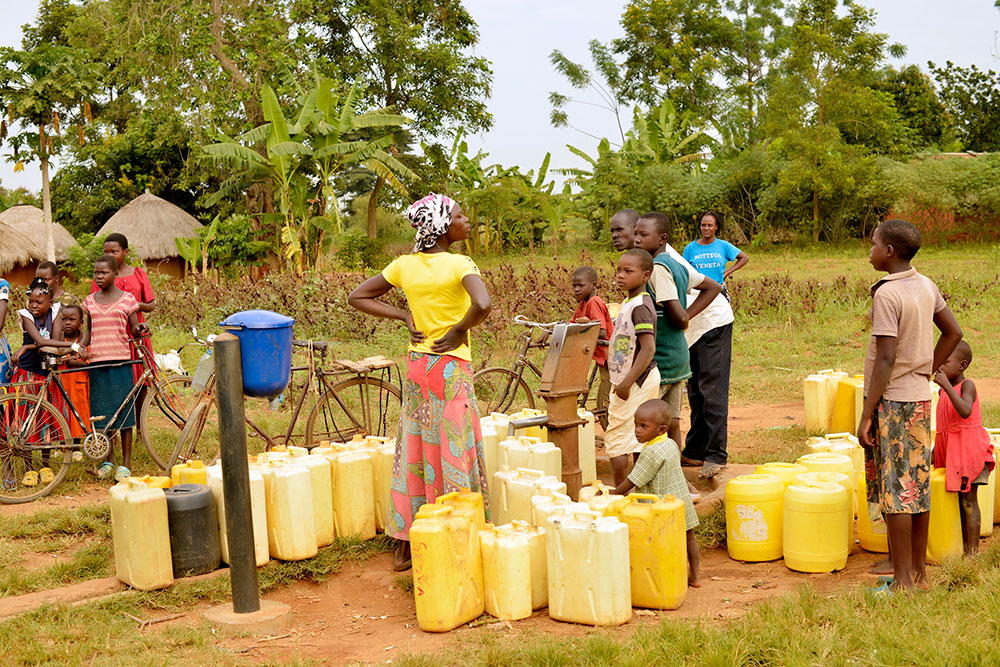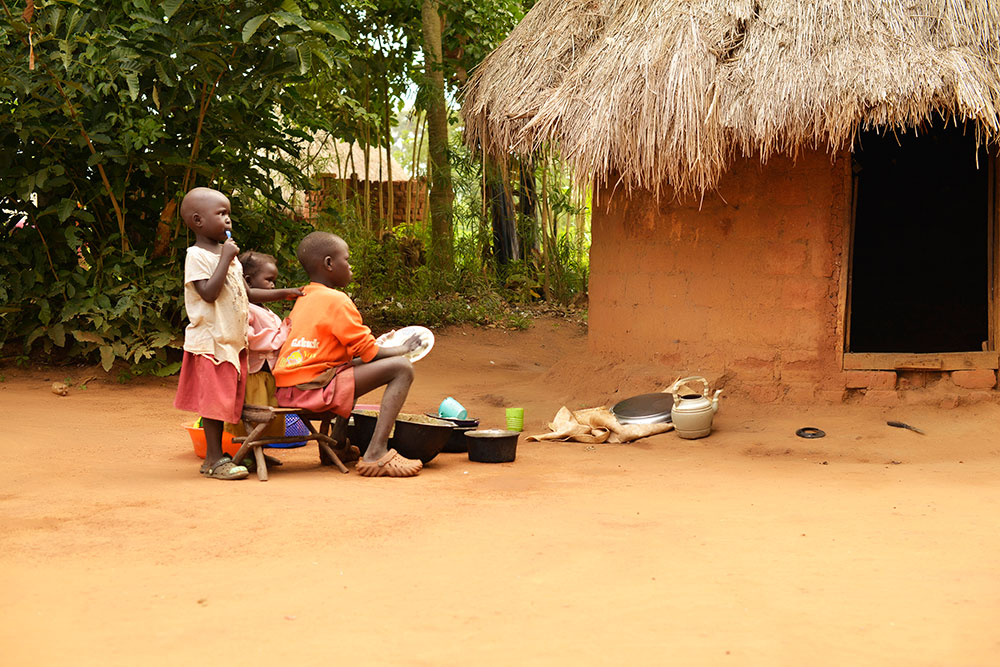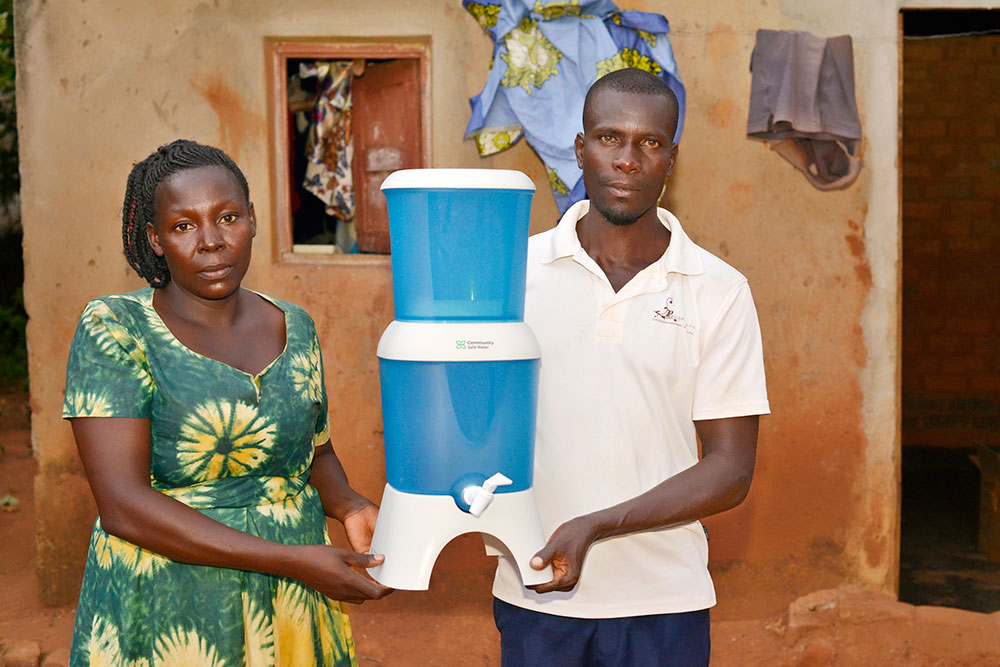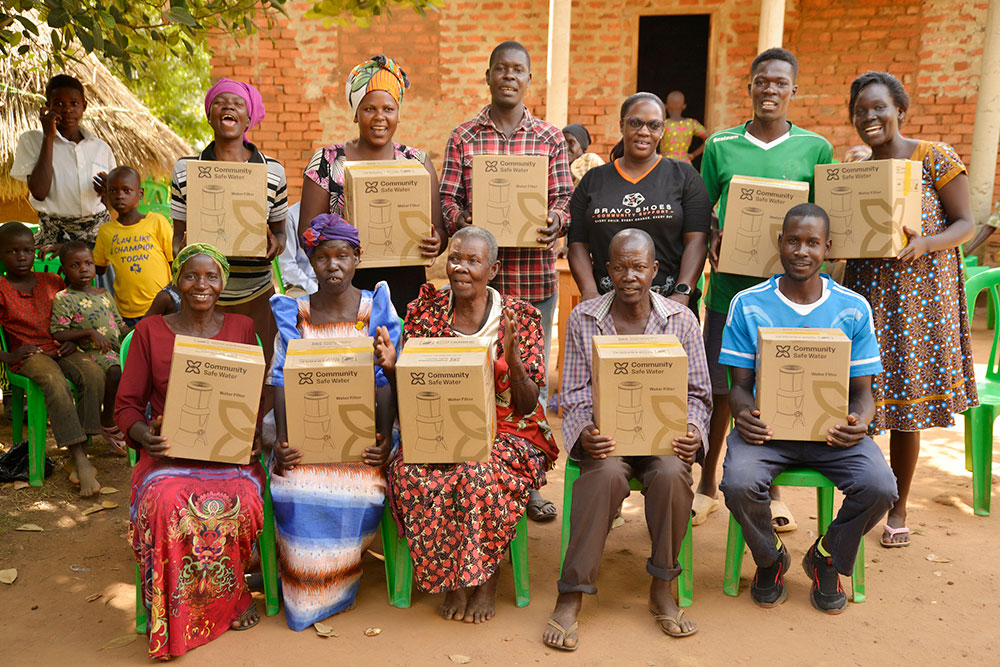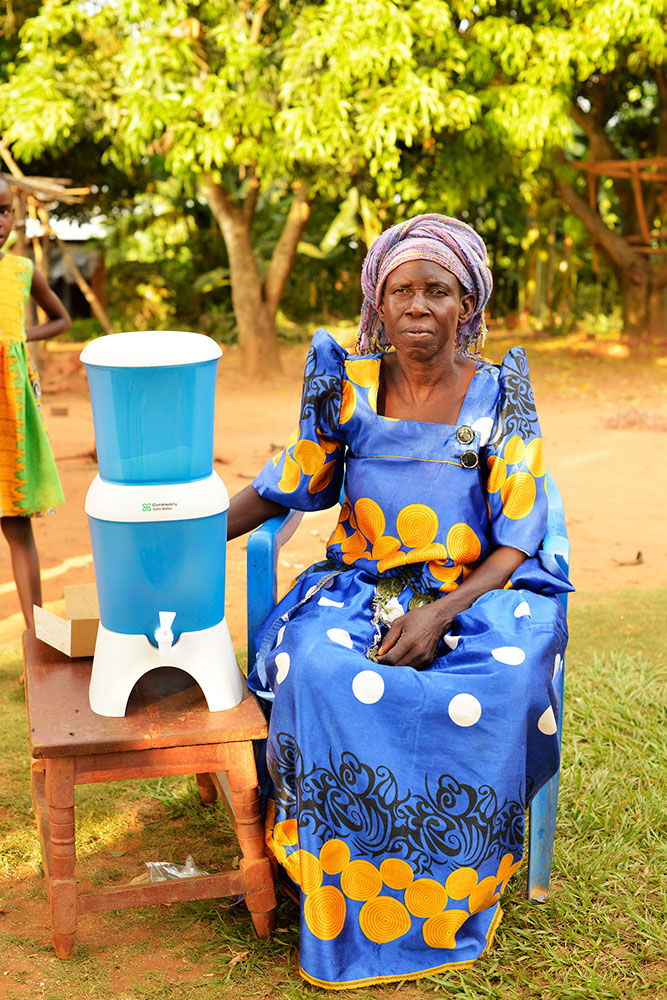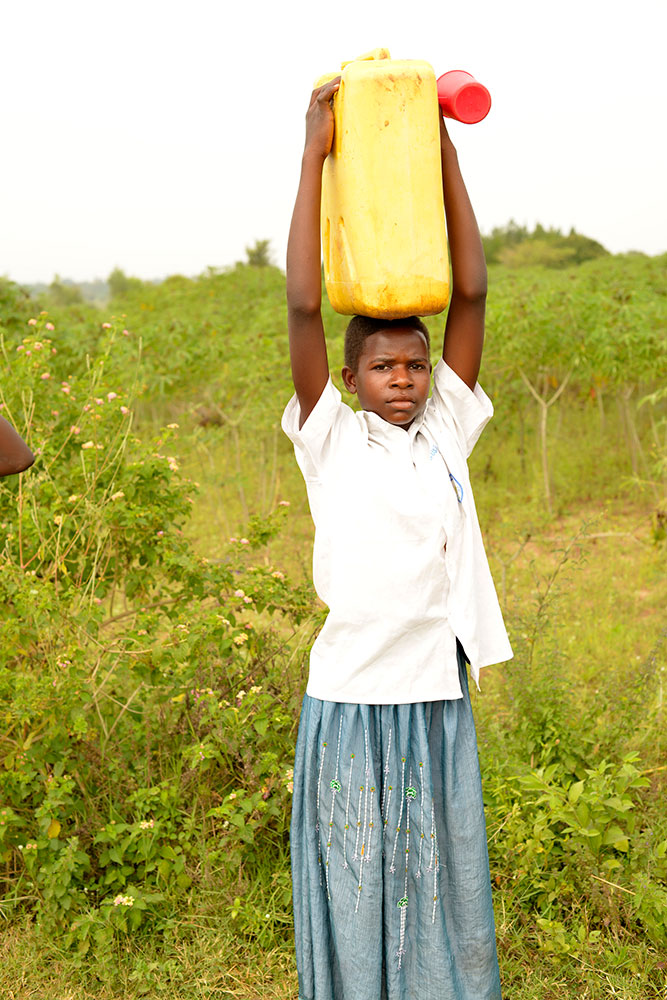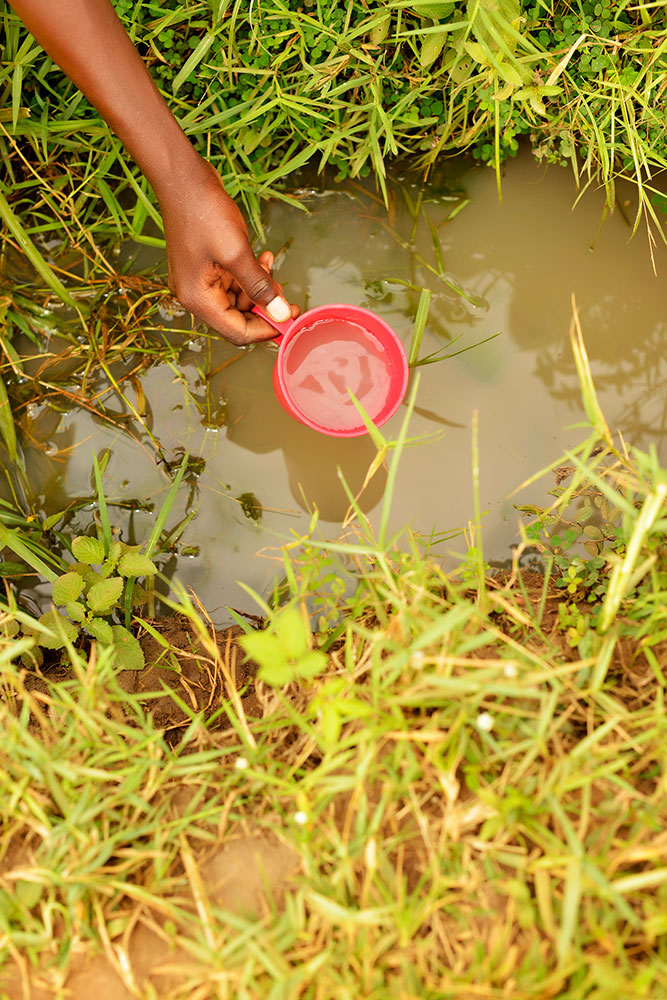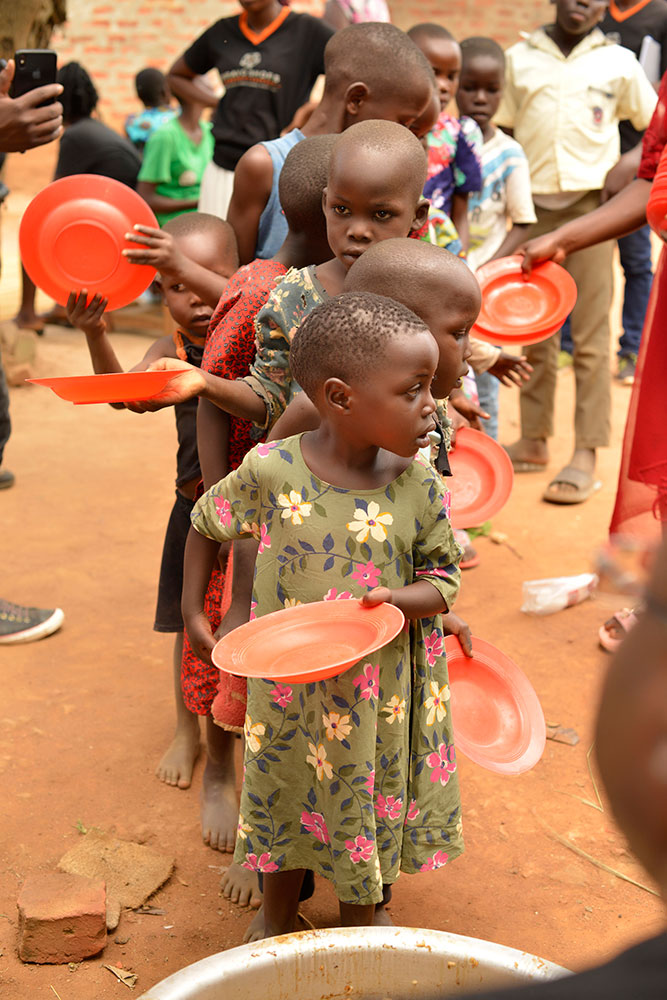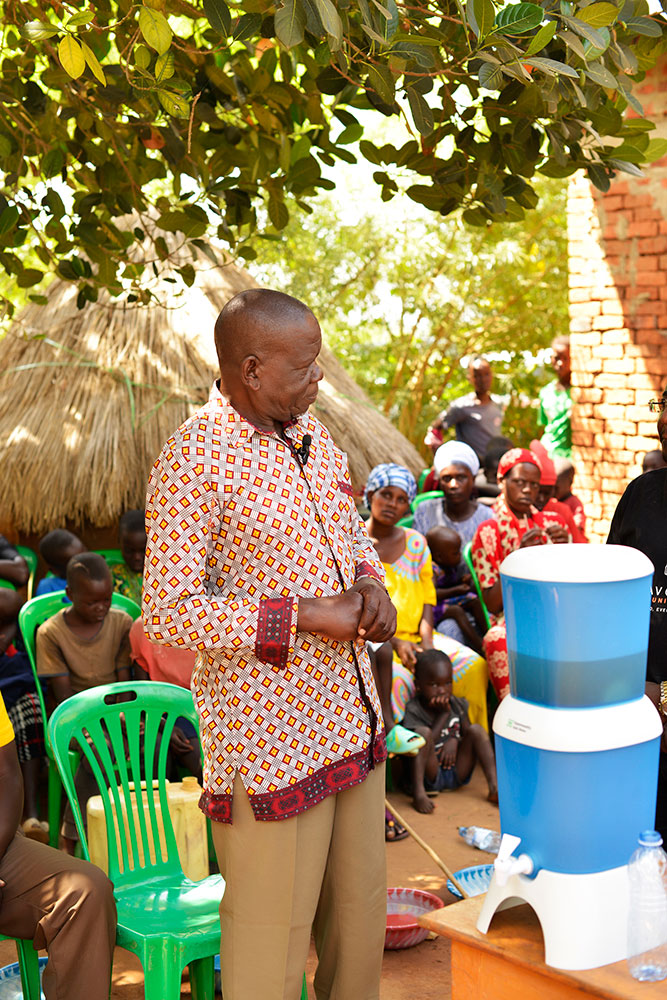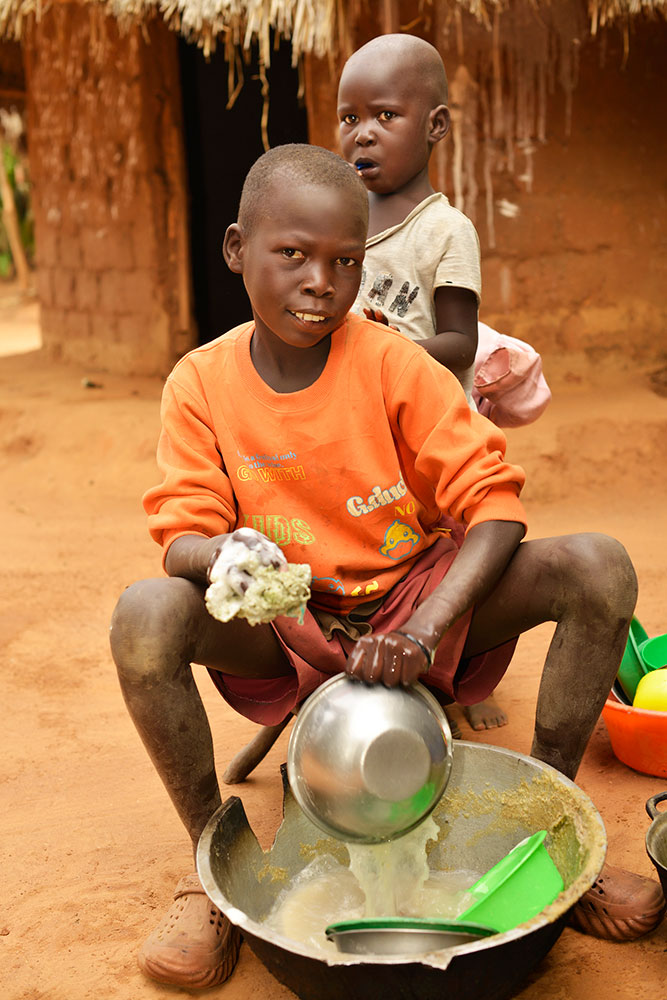In the quiet town of Pallisa, over 1,000 homesteads face a growing crisis—a dire lack of access to safe water. This persistent issue underscores the critical challenge of safeguarding community health and sanitation in the region.
Among those bearing the brunt of this crisis is 13-year-old Teddy Kataike, a Primary 4 student at Odwalata Primary School. Teddy has battled illness for over a year, her recurring severe malaria a stark reminder of the vulnerability of children in communities lacking basic resources.
Teddy lives with her grandmother, Atai Margaret, in a crowded household of 12 members, including orphans and grandchildren, in Kinomu 1 Cell, West Ward, Pallisa Town Council. For Atai, accessing clean water comes at a steep cost, with a single jerrycan fetching as much as 200 shillings due to limited water sources.
The story is similar with 14-year-old Teddy Pedun, a Primary Six student at Tisai Island Primary School in Odwalata. Pedun’s daily reality involves walking over 500 meters to Kamusin, a small, community-dug water reservoir she shares with birds, domestic animals, and crawling creatures like snakes and lizards. Despite its challenges, Kamusin is considered a vital source of clean and safe water.
Kinomu’s Village Health Team (VHT) leader, Esther Adongo, sheds light on the magnitude of the crisis. “With over 1,400 residents across 155 households, and with families of an average of 6 children to 12, this community relies on just three boreholes—one built by the government and two by good samaritans. This insufficiency has led to rampant cases of diarrhea and bacterial infections, especially among children.”.
“The water treatment (collection and storage) practices here are poor, leading to bacterial infections,” Adongo explains. “We’re sensitizing families on hygiene and encouraging the use of chlorine to disinfect water. But following up with everyone in such a large community is a challenge.” Chlorine, widely used to kill harmful microorganisms in water, is a vital tool in their fight against contamination, but ensuring consistent use remains difficult.
Okia Charles, Health Inspector for Pallisa Town Council, highlights a broader challenge in water safety coverage.
“We aim for at least 85% safe water coverage, but the community relies heavily on shallow wells,” he says. Another pressing issue is the improper disposal of waste, with some residents doing latrine cleaning and maintenance on open surfaces. “We’re encouraging the construction of lined pit latrines to address this,” he adds.
Okia also points out the various ways contamination occurs. “From household items to personal hygiene, the exposure is widespread. Many mothers use their fingers, leaves, or unclean covers on jerrycans, which introduces contaminants. Even water fetched from a borehole becomes unsafe when stored in dirty pots or cups.”
Senior Community Development Officer (CDO) Okwakol Aggrey Paul emphasizes the financial hurdles many residents face. “Despite being in a town council, very few households can afford National Water and Sewerage Corporation (NWSC) piped water. The alternative for most is shallow wells, which are not safe,” he says. “NWSC’s commercial approach leaves the vulnerable behind.”
The situation in Pallisa is a microcosm of a broader challenge facing many communities. As residents grapple with the daily struggle for clean water, urgent action is needed to improve water access and hygiene practices, ensuring a healthier and more sustainable future for all.
Bravo Donates 50 smart, Safe water filters to the Community
In a heartwarming gesture, Bravo Shoes Community Support Organisation (BSCSO), with the support of friends and well-wishers, has donated over 50 smart, safe water filters to vulnerable members of Kinomu 1 Cell, West Ward, Pallisa Town Council.
This initiative is a significant step toward addressing the community’s pressing need for clean and safe drinking water.
Yesigye Brian Bravo, the Executive Director, called upon organisations and individuals to join hands with the organisation he leads to donate more filters to support over 1,000 people remaining without clear access to clean, safe water for consumption.
Yesigye stressed the importance of investing in sustainable, smart, safe water options. He pointed out the alignment of this initiative with Sustainable Development Goal (SDG) 6, which aims to ensure access to clean water and sanitation for everyone by 2030.
“Access to clean water is essential for any community, and the absence of it poses significant challenges. One of the most pressing issues is the increased risk of health problems. Waterborne diseases such as cholera, typhoid, and diarrhea thrive in environments where clean water is unavailable,” he said
Yesigye added that the economic strain on affected communities is another critical concern. Households face rising medical costs due to frequent illnesses, which deplete already limited resources.
“The time spent fetching water—often a task assigned to women and girls—reduces productivity and takes away opportunities for education and employment. This not only deepens poverty but also widens the gender inequality gap. The broader community may also suffer from reduced labor output and developmental delays,” he pointed.
Bravo also hinted that families may be forced to migrate in search of better living conditions, straining resources in neighboring areas and potentially leading to conflicts.
Women and children are disproportionately affected as they are tasked with walking long distances to find water, exposing them to physical danger and social isolation. This daily burden limits their participation in education and other community activities, perpetuating cycles of poverty.
To address these challenges, there is an urgent need to invest in water infrastructure. Building boreholes, wells, and rainwater harvesting systems can provide reliable access to safe water.
Sustainable Development Goal (SDG) 6 is a United Nations goal to ensure access to clean water and sanitation for everyone. It also aims to sustainably manage water resources, wastewater, and ecosystems that need to be embraced to hit the 2030 target.
Okwakol commended BSCSO for the thoughtful idea; he said that “the smart, safe water filter” will save the homesteads from spending on their health.
“The idea is going to save us a lot; many people are going to save because they have been spending on the waterborne diseases,” he pointed out.
He also highlighted that despite the fact the community received chlorine in the boreholes, they don’t use it due to various misconceptions.
Okia added that the Smart Safe water filters will create impact in the community and will help in stopping fecal contamination.
This donation marks a hopeful beginning for the people of Kinomu 1 Cell as they embrace solutions that promise better health and improved livelihoods. With continued support, BSCSO’s efforts could transform the lives of thousands more in the region, moving closer to a future where clean water is a reality for all.
